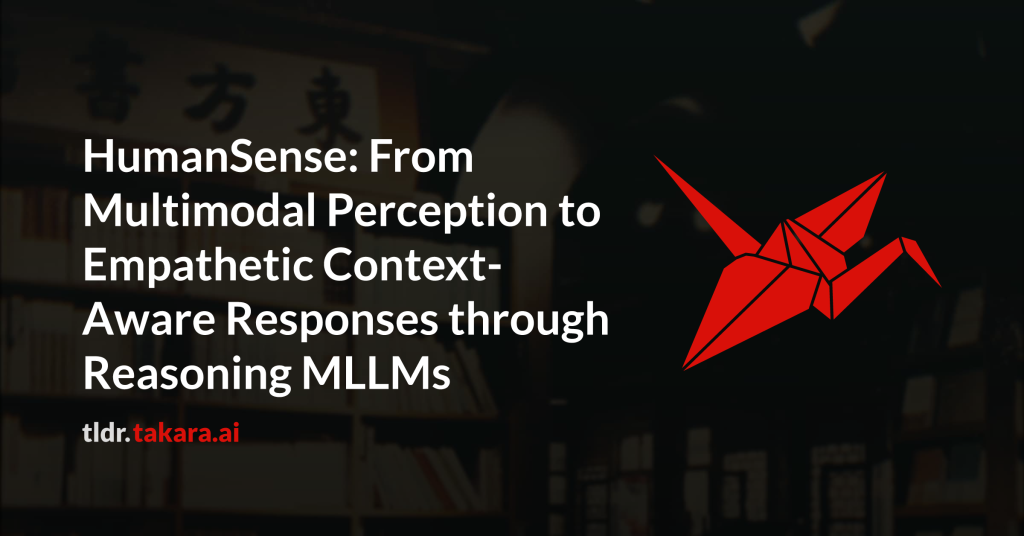While Multimodal Large Language Models (MLLMs) show immense promise for
achieving truly human-like interactions, progress is hindered by the lack of
fine-grained evaluation frameworks for human-centered scenarios, encompassing
both the understanding of complex human intentions and the provision of
empathetic, context-aware responses. Here we introduce HumanSense, a
comprehensive benchmark designed to evaluate the human-centered perception and
interaction capabilities of MLLMs, with a particular focus on deep
understanding of extended multimodal contexts and the formulation of rational
feedback. Our evaluation reveals that leading MLLMs still have considerable
room for improvement, particularly for advanced interaction-oriented tasks.
Supplementing visual input with audio and text information yields substantial
improvements, and Omni-modal models show advantages on these tasks.
Furthermore, we argue that appropriate feedback stems from a contextual
analysis of the interlocutor’s needs and emotions, with reasoning ability
serving as the key to unlocking it. Accordingly, we employ a multi-stage,
modality-progressive reinforcement learning to enhance the reasoning abilities
of an Omni model, achieving substantial gains on evaluation results.
Additionally, we observe that successful reasoning processes exhibit highly
consistent thought patterns. By designing corresponding prompts, we also
enhance the performance of non-reasoning models in a training-free manner.
Project page:
\textcolor{brightpink}https://digital-avatar.github.io/ai/HumanSense/

